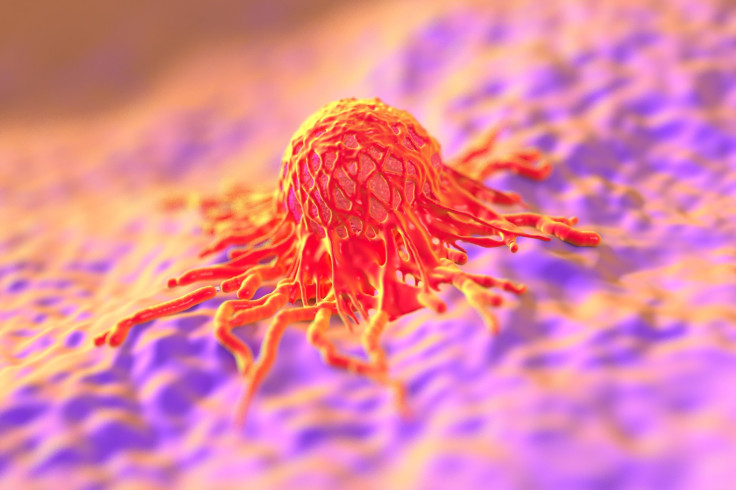Cancer Cell Avatars Brings Science One Step Closer To Custom-Made Treatment Plans

A recent study suggests that personalized medicine may be the future of cancer treatment. In the study, a team of researchers created "cancer avatars" modeled after individual patients’ cells. These simulations accurately predicted what drugs would be most effective in battling the cancer cells. This approach would not only help doctors successfully battle cancer, but would also save patients from undergoing useless treatments that may do their bodies more harm than good.
The goal of the computer simulations is to more accurately predict how the actual cancer cells will respond to medication. "Genomics tells us that cancers are a lot like snowflakes. No two cancers are alike so it does not make sense to give all patients the same drugs. This is the idea behind personalizing therapies for cancer," said lead author Sandeep Pingle in a recent press release.
Before researchers developed the cancer avatar cells, they first created an avatar of a normal healthy cell. The researchers were able to perfect the complex signaling pathways and metabolic networks of the cell, according to the press release. Once the researchers perfected the healthy virtual cells, they made them cancerous by changing a few pathways in the system. When the cancer avatar was finished, a computer program made educated predictions on the most effective way to kill the diseased cells. "With the virtual cell model, we can take into account all the complexity of cellular processes to predict which drugs will be the most effective against a particular tumor based on its genomic profile," Pingle said.
To test the accuracy of their cancer avatars, researchers enlisted patients with glioblastoma, a highly aggressive cancer of the brain. They then generated cancer avatars obtained for the cells of the glioblastoma patients. The program’s predictions were then compared against standard cultured cells in drug-sensitivity experiments. The model was able to come up with an accurate prediction 85 percent of the time, Genetic Engineering & Biotechnology News reported.
The idea of "personalized medicine" is simple enough: Create tailor-made treatments using DNA testing to predict how each person will respond to the medication. Although still in developments, results from this study are a major step toward personalized medicine, which could potentially revolutionize the way that cancer is treated. “The advantage of computational modeling is the ability to incorporate the wealth of genomic and proteomic information on cancer cells and to screen drugs and combinations of drugs much faster and cost effectively," Pingle concluded.
Source: Pingle SC, Sultana Z, Pastorino S, et al. In Silico modeling predicts drug sensitivity of patient derived cancer cells. Journal of Translational Medicine. 2014.



























